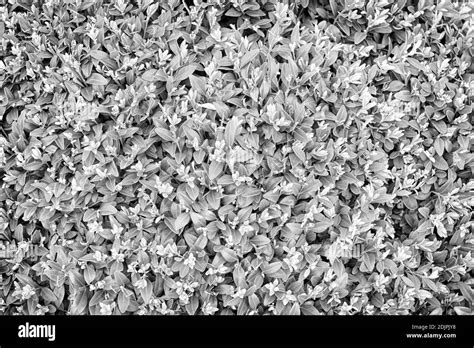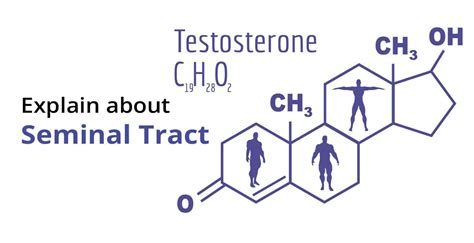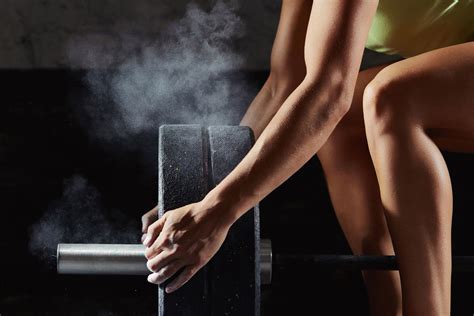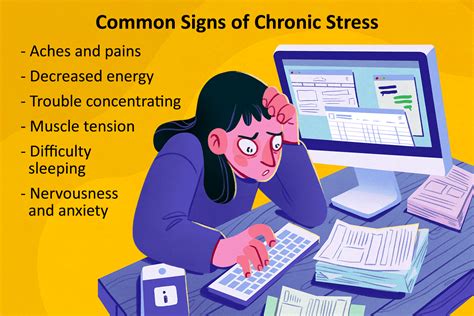Natural ways to boost testosterone for enhanced male vitality & performance?

Understanding Testosterone’s Role in Male Vitality
Testosterone, often hailed as the cornerstone of male health, is far more than just a sex hormone. It plays a crucial role in maintaining muscle mass, bone density, red blood cell production, mood regulation, cognitive function, and, of course, libido and energy levels. As men age, testosterone levels naturally decline, often leading to symptoms such as fatigue, reduced sex drive, increased body fat, and decreased muscle strength. While synthetic treatments exist, many men are seeking natural, holistic approaches to optimize their testosterone levels and reclaim their vitality.

Nutrition for Optimal Testosterone Production
Your diet is a powerful tool in regulating hormone production. Certain nutrients are essential for testosterone synthesis. Firstly, adequate intake of healthy fats, particularly monounsaturated and saturated fats found in avocados, nuts, olive oil, and grass-fed meats, is crucial. Cholesterol, derived from these fats, is a precursor to testosterone.
Secondly, micronutrients like zinc and Vitamin D are paramount. Zinc, found in oysters, beef, pumpkin seeds, and spinach, is vital for countless enzymatic reactions, including those involved in testosterone production. Vitamin D, often called the ‘sunshine vitamin,’ functions as a steroid hormone in the body and has been directly linked to testosterone levels. Aim for sensible sun exposure or supplement with Vitamin D3, especially in regions with limited sunlight.

The Power of Exercise: Strength Training and HIIT
Regular physical activity, specifically certain types of exercise, can significantly stimulate testosterone production. Strength training, particularly compound movements like squats, deadlifts, bench presses, and rows, has been shown to elicit a potent testosterone response. Engaging large muscle groups and lifting heavy weights (within safe limits) signals to your body the need for more anabolic hormones.
High-Intensity Interval Training (HIIT) is another effective strategy. Short bursts of intense exercise followed by brief recovery periods can also lead to a surge in testosterone. However, it’s crucial to avoid chronic, excessive endurance training, which can sometimes have the opposite effect by increasing cortisol levels.

Prioritizing Sleep and Stress Reduction
Sleep is non-negotiable for hormone balance. The majority of your daily testosterone is produced during deep sleep cycles. Chronic sleep deprivation (less than 7-9 hours per night) can dramatically lower testosterone levels. Prioritize consistent, high-quality sleep by maintaining a regular sleep schedule, creating a dark and cool bedroom environment, and avoiding screens before bed.
Stress management is equally vital. When you’re stressed, your body releases cortisol, a hormone that directly competes with testosterone. High cortisol levels can suppress testosterone production. Incorporate stress-reducing practices into your daily routine, such as meditation, yoga, deep breathing exercises, spending time in nature, or engaging in hobbies you enjoy.

Lifestyle Adjustments and Herbal Support
Beyond diet, exercise, and sleep, several lifestyle factors influence testosterone. Maintaining a healthy body weight is crucial, as excess body fat (especially visceral fat) can lead to higher estrogen levels and lower testosterone. Reducing exposure to xenoestrogens (estrogen-mimicking chemicals found in plastics, pesticides, and certain personal care products) can also be beneficial.
Certain herbs and supplements have also gained attention for their potential testosterone-boosting properties. Ashwagandha, an adaptogenic herb, may help reduce stress and improve testosterone levels. Fenugreek extract is another popular choice, believed to increase free testosterone. D-Aspartic Acid (D-AA) is an amino acid that may play a role in regulating testosterone synthesis. Always consult with a healthcare professional before starting any new supplement regimen to ensure it’s appropriate for your individual health needs.

Conclusion: A Holistic Approach to Male Vitality
Boosting testosterone naturally is not about a single magic bullet but rather a synergistic combination of healthy lifestyle choices. By focusing on a nutrient-rich diet, consistent strength training, adequate sleep, effective stress management, and mindful lifestyle adjustments, men can empower their bodies to optimize testosterone production. This holistic approach can lead to enhanced energy, improved mood, greater physical performance, and an overall boost in male vitality, helping you feel your best at any age. Always remember to discuss any significant health changes or concerns with your doctor.









